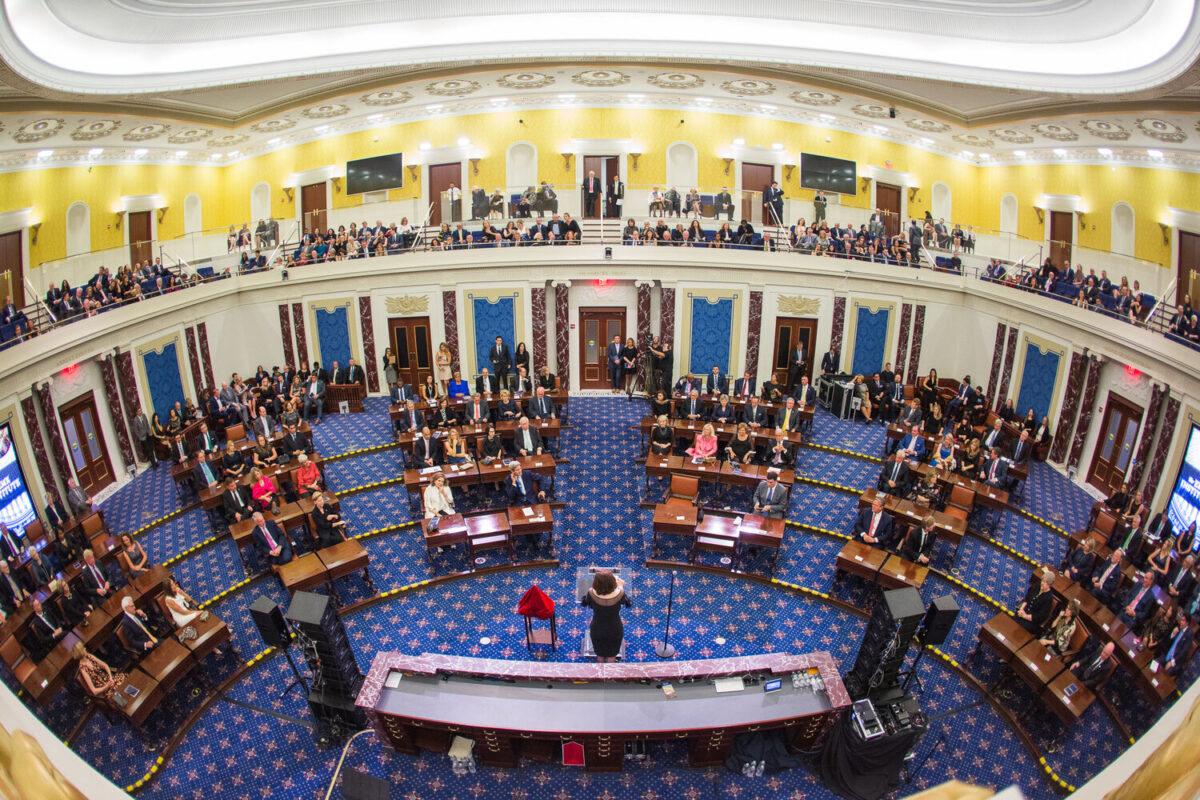Biden Admin Boosts Clean Energy with $7.3 Billion Investment

The Biden administration has taken a monumental step in furthering its commitment to clean energy and environmental sustainability. With a substantial investment of $7.3 billion, the government aims to revolutionize how America relies on renewable energy sources and make significant strides in electrification efforts. This initiative reflects a broader vision of an eco-friendly future, a healthier planet, and a sustainable economy.
The Importance of Clean Energy
Clean energy is no longer a futuristic concept; it is a critical necessity for the planet’s survival. Traditional energy sources, such as coal and oil, have contributed significantly to environmental degradation and climate change. By shifting focus to clean energy, the United States can reduce its carbon footprint, foster sustainable development, and lead the world in combating climate change.
Environmental Benefits
- Reduced Greenhouse Gas Emissions: Transitioning to clean energy will drastically cut down emissions, helping to mitigate the adverse effects of climate change.
- Less Air and Water Pollution: Unlike fossil fuels, renewable energy sources cause far less pollution, leading to cleaner air and water.
- Preservation of Natural Resources: Utilizing energy sources such as wind, solar, and hydro helps conserve finite natural resources.
Economic Advantages
- Job Creation: Investments in clean energy drive innovation, creating tens of thousands of jobs in manufacturing, installation, and maintenance.
- Energy Independence: Reducing reliance on imported fuels will enhance national security and stabilize energy prices.
- Long-term Savings: Lower operational costs in the long run as renewable energy resources become more dominant.
Key Areas of Investment
The $7.3 billion funding allocated by the Biden administration will target a variety of sectors within the realm of clean energy. Each area will play a crucial role in reducing emissions and ensuring a sustainable future.
Enhancing Solar Energy Capabilities
Solar energy, a pillar of renewable energy solutions, stands to benefit greatly from the new investment. Key initiatives include:
- Expanding Solar Panel Installation: Funding will support local governments and private companies in increasing rooftop solar projects in residential and commercial sectors.
- Innovative Solar Technology: Research and development incentives will drive cutting-edge technologies, like perovskite solar cells, enhancing efficiency and affordability.
Boosting Wind Power Infrastructure
Wind energy, another vital component of renewable energy, is set to see tremendous growth. Investments will focus on:
- Offshore Wind Farms: Funding will assist the expansion of coastal wind farms, maximizing untapped wind potential.
- Onshore Wind Projects: Support for existing onshore infrastructure will increase capacity and reliability.
Accelerating Electrification Efforts
The electrification of various sectors holds immense potential for sustainability:
- Electric Vehicles (EVs): A large portion of the funds will support EV infrastructure, like charging stations, making EVs more accessible to the masses.
- Public Transportation: Electrifying buses and rail systems will significantly reduce urban emissions.
The Role of Policy and Innovation
The success of these investments relies heavily on robust policy frameworks and continuous innovation. By aligning policies with technological advancements, the government can ensure the effective and efficient deployment of funds.
Supportive Legislation
Laws and regulations need to adapt to foster the growth of the clean energy sector:
- Incentives for Renewable Projects: Tax incentives and subsidies can encourage more companies to jump into the clean energy sector.
- Streamlined Permitting Processes: Simplifying bureaucratic hurdles can accelerate project timelines.
Encouraging Innovation
Innovative technologies are pivotal in advancing clean energy:
- R&D Investments: Continuous funding in research institutions to explore new green technologies.
- Partnerships with Tech Startups: Collaborations with startup ecosystems can accelerate the commercialization of novel solutions.
Community Engagement and Participation
The transition to renewable energy is not just a federal or corporate responsibility. Local communities play a crucial role in ensuring the overall success of these initiatives.
Grassroots Movements
Community driven efforts are indispensable for the transition to clean energy:
- Education and Awareness: Informing communities about the benefits and opportunities associated with clean energy.
- Local Green Projects: Encouraging community-led projects like solar gardens and local wind initiatives.
Public-Private Partnerships
- Collaboration with Companies: Local governments and companies can work together to promote green jobs and sustainable practices.
- Shared Resources: Pooling resources for large-scale projects can maximize impact and minimize costs.
Challenges Ahead
While the $7.3 billion investment signifies a significant step forward, the path to a clean energy future is laden with challenges that must be addressed:
Economic Hurdles
- Initial Costs: The upfront cost of transitioning to clean energy remains a barrier for many.
- Market Competition: Established fossil fuel interests continue to pose competitive challenges.
Technological Barriers
- Energy Storage Solutions: Advancements are needed to store intermittent renewable energy effectively.
- Grid Integration: Seamlessly integrating renewable sources into existing power grids requires substantial innovation.
Conclusion
The Biden administration’s $7.3 billion investment is a powerful declaration of the United States’ intention to lead in the fight against climate change. While challenges remain, the emphasis on clean energy, combined with government and community efforts, will undoubtedly generate substantial progress toward a sustainable future. By backing innovations, supportive policies, and community involvement, we can create a cleaner, greener, and more prosperous world for generations to come.
